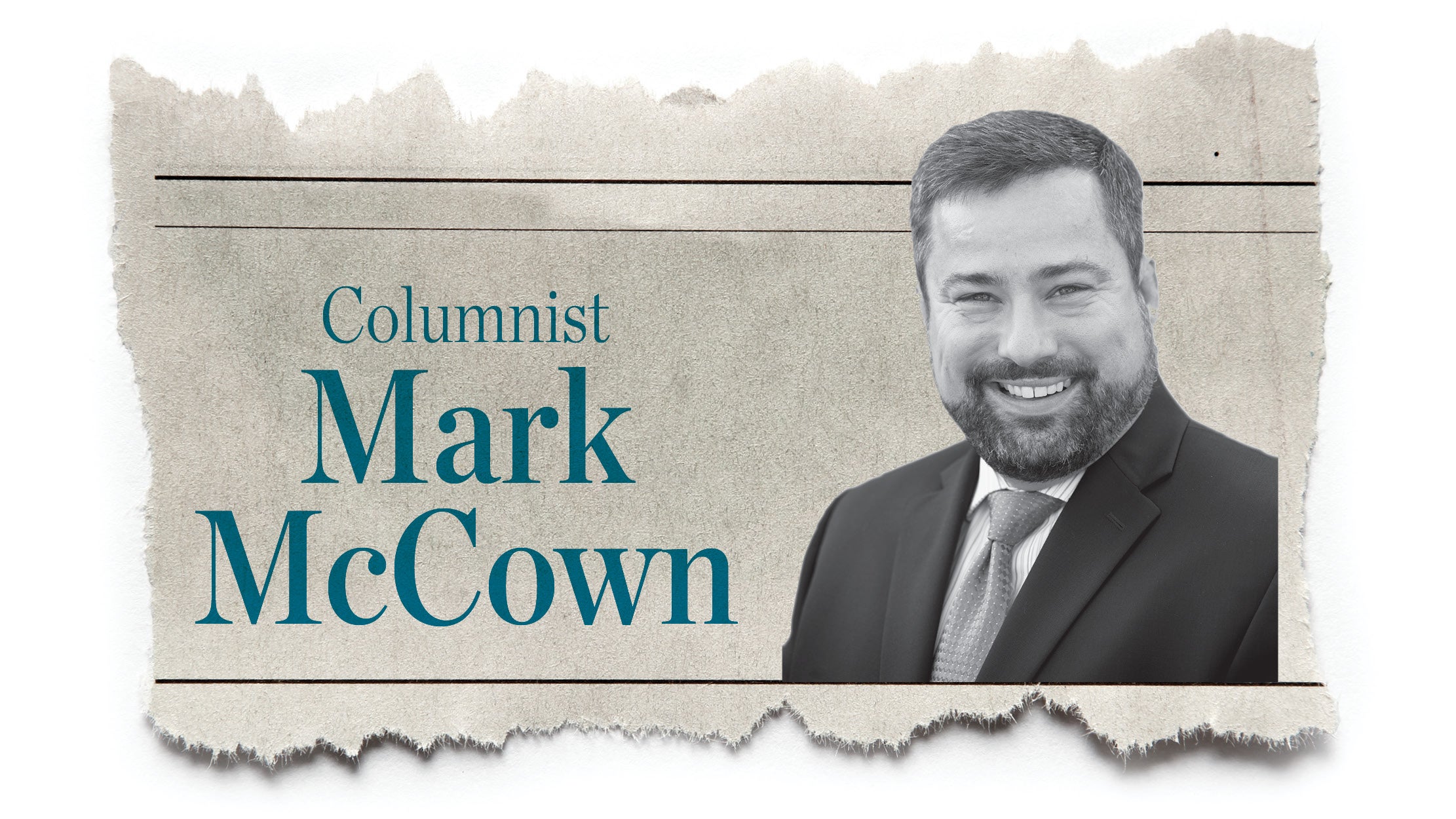Man can’t sue over businesses requiring a mask
Published 11:53 pm Friday, May 29, 2020
Dear Lawyer Mark: I have been watching on Facebook how different businesses have been violating our Constitutional rights.
Some have been refusing to let customers in without masks, even when the people are just trying to exercise their First Amendment rights to protest the federal government regulations on wearing them.
I’ve also seen where companies fired people because of what they said or did in public on their own time. How do we sue the businesses that do this? — Incensed in Ironton
Dear Incensed: The short answer is you cannot, because these are not Constitutional violations.
The U.S. Constitution is the basic framework of our government, and sets forth the relationship between the federal government and state governments, as well as the federal government and its citizens.
It contains the powers that are granted to the government, as well as certain specific limitations placed upon it.
With rare exception, such as discrimination based upon a protected class like race or gender, it regulates only governmental action, not the actions of private citizens.
The First Amendment provides that the government can make no law abridging the freedom of speech, but this ban is not extended to private businesses. We do not have the right to go into a business and demonstrate or speak to its customers (or anyone else), unless that business chooses to permit it.
Currently, there are no federal regulations on wearing masks in public.
In your scenario, the business can require all patrons to wear a mask as a condition of entering, irrespective of the customer’s desire.
Your only remedy is to go to a different store if you don’t like it.
As for businesses terminating individuals for public conduct, the vast majority of states are “at-will” employment states, meaning that a person generally can be fired for any reason, other than discrimination of a protected class member.
If an employee broadcasts their lives and prejudices in an unprofessional manner on Twitter or Facebook, many employers will discipline or terminate that employee to prevent public backlash against the company.
Put simply, the actions of employees, even on their own time, are viewed by the public as an extension of the beliefs and morals of a company.
Again, your only recourse if you don’t like it would be to not shop at that company.
Thought for the Week: “It is ordained in the eternal constitution of things, that men of intemperate minds cannot be free. Their passions forge their fetters.” Edmund Burke
It’s The Law is written by attorney Mark K. McCown in response to legal questions received by him. If you have a question, please forward it to Mark K. McCown, 311 Park Avenue, Ironton, Ohio 45638, or e-mail it to him at LawyerMark@yahoo.com. The right to condense and/or edit all questions is reserved.






